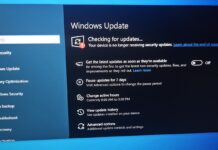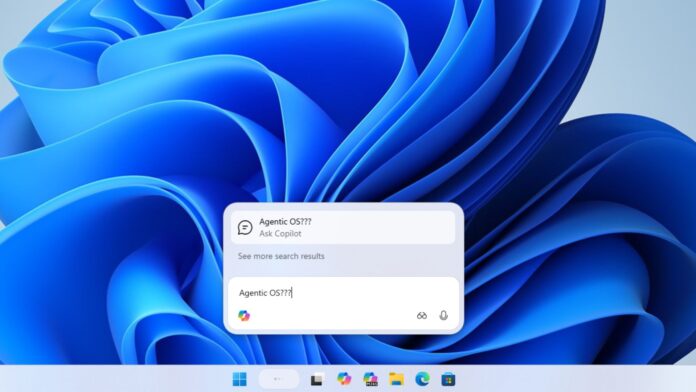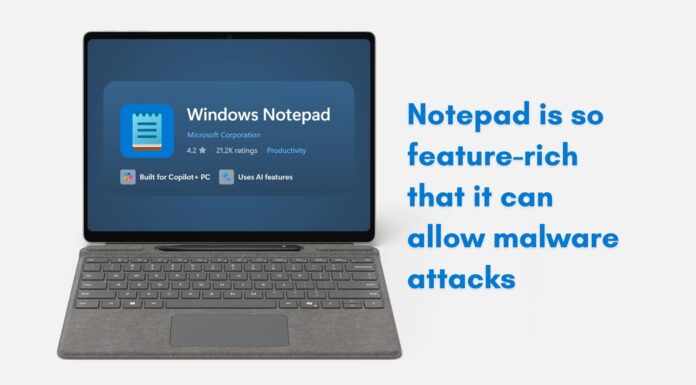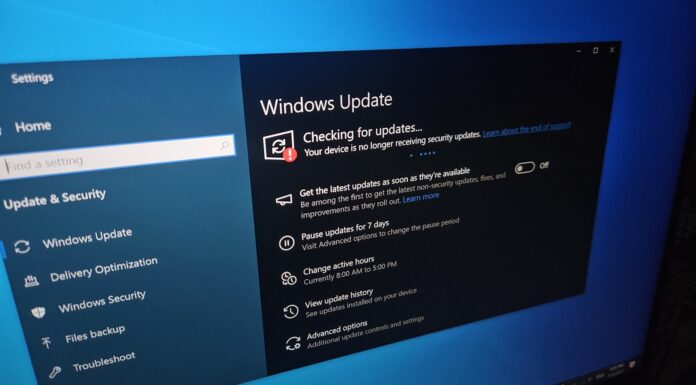Microsoft’s Windows + Devices chief, Pavan Davuluri, was forced to lock the comments in his X post following a sea of backlash from users who hate the idea of “Windows evolving into an agentic OS”.
Davuluri’s post was intended to be about the upcoming Microsoft Ignite event. However, reactions to the post were anything but it, and as the post gained over 700K views, with more and more negative comments pouring in, the newly promoted Windows executive decided to lock the reply section.
Microsoft’s Windows president confirms an Agentic OS, and the crowd lashed out
In late September 2025, Microsoft carried out a major reorganization that brought the Windows engineering teams back together under a single umbrella, and the new, larger team is led by Pavan Davuluri.
The move reversed the split that happened in 2018, where the core OS engineering sat under Azure, while the feature teams remained under Windows & Devices.
This homecoming is, however, aimed at bringing a whole new level of AI experiences throughout Windows, as Microsoft later confirmed in their Windows blog in mid-October.
In line with these developments, the Windows + Devices head posted on X about the upcoming Microsoft Ignite event slated for November 19, 2025. The event will focus on “how Windows is powering AI and agents helping frontier firms accelerate innovation and deliver impact across teams and customers.”
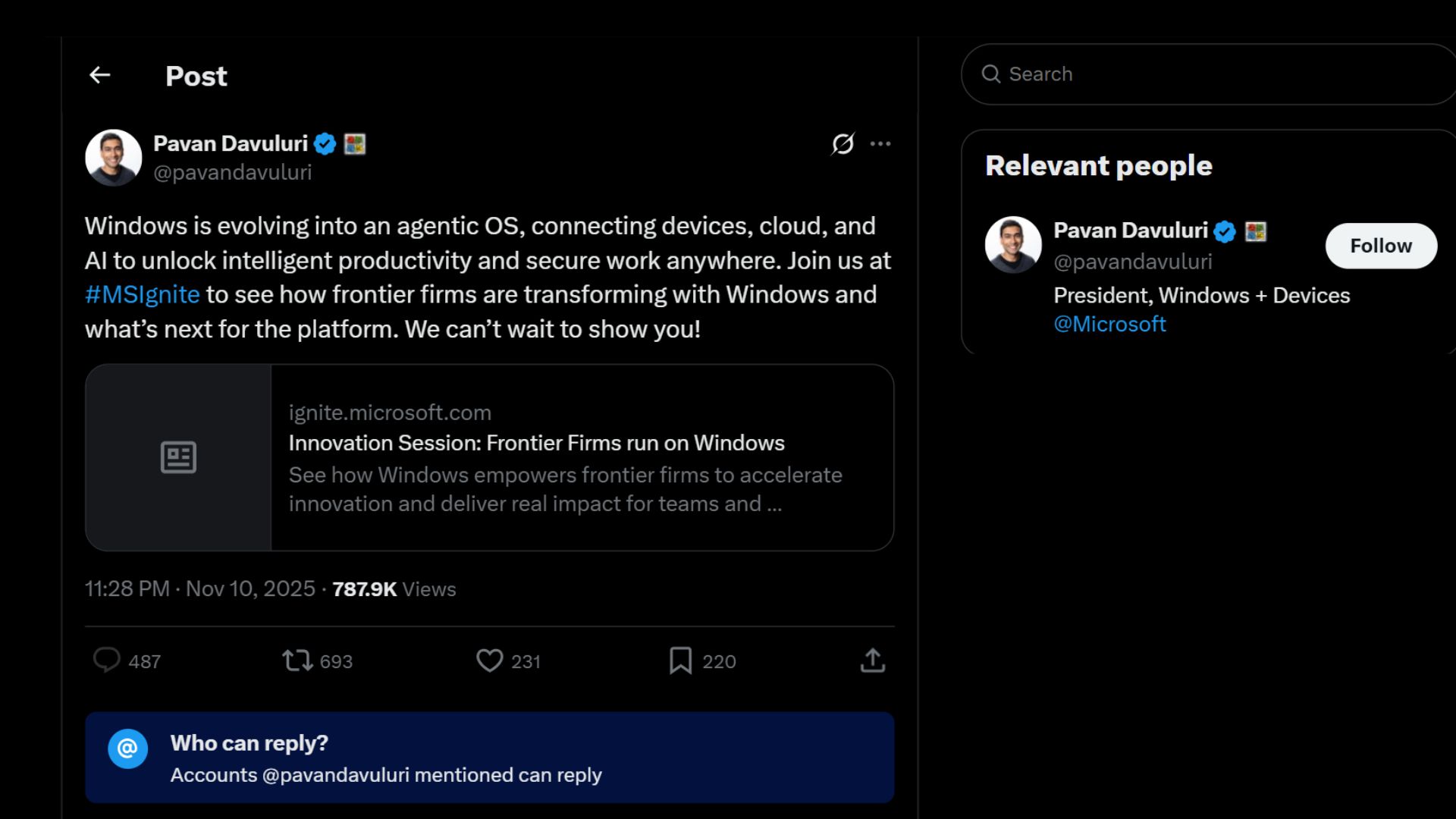
Microsoft says that the event will showcase how companies like Levi’s are using AI in Windows to make better products. Yes, that doesn’t sound right, and it explains why negative replies started pouring in under the X post.
The first sentence, “Windows is evolving into an agentic OS, connecting devices, cloud, and AI to unlock intelligent productivity and secure work anywhere.”, was enough to trigger people in the comments.
As of writing, the post has a highly disproportionate 247 likes and 487 replies, which in itself is a recipe for strong reactions from the audience. And strong it was, since out of the 487 replies that the post got, not a single one was positive and supportive.
In fact, the responses range from outright hostility to constructive criticism at best.
“Stop this non-sense”
The top reply is from a programming enthusiast who went ahead and replied, “Stop this non-sense. No one wants this.”. He goes on about how Microsoft’s users don’t care about all this AI stuff.
A software developer suggested that Microsoft bring back Windows 7, with a clean UI, no ads or bloatware, which is something that everyone wishes for Windows to be.
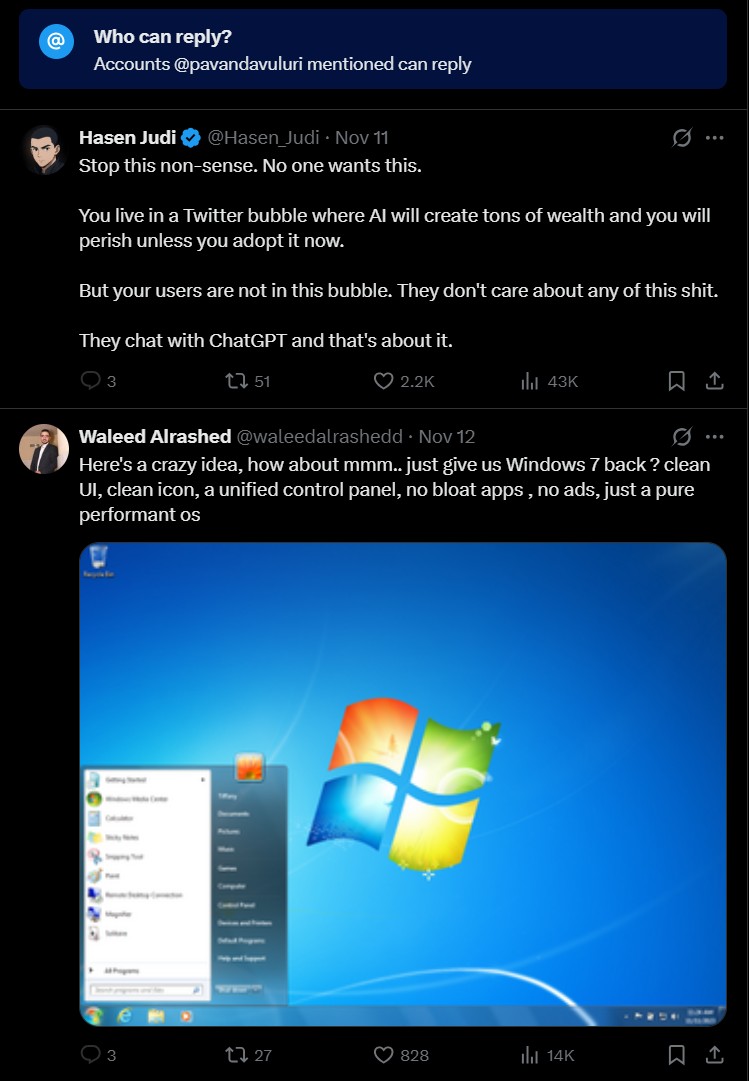
“We’re cancelling Microsoft 365”
An interesting reply to the post came from @ronINBendigo, who claims to be a long-time Microsoft user and finally decided to stop using Microsoft products altogether. The user says that he has closed off his Microsoft 365 account, removed his data, replaced Office, and no longer uses any Microsoft development environments.
He has been using Microsoft products and services for the past 42 years, but now all his software needs are met by Mint OS, which is a free desktop OS based on Linux Ubuntu.
It’s worth noting that a substantial share of the comments to the post are from developers, or at least those who know enough about software development, which makes it even more absurd for Pavan Davuluri to close off the comments section, as these are the people who live and breathe Windows, or at least used to.
Pavan Davuluri locks the reply section, but the reposts kept coming
As more aggressive comments came in, the Windows head decided to shut down the replies section. But it didn’t stop people, as they simply retaliated by reposting with even more hostility, because they felt that Microsoft was trying to silence them.
Before limiting who can reply to the post, Davuluri reposted a Windows blog about “Advancing security with Windows and Surface”, which might have had the potential to detain at least some people if their concern was losing privacy. But people had more to say.
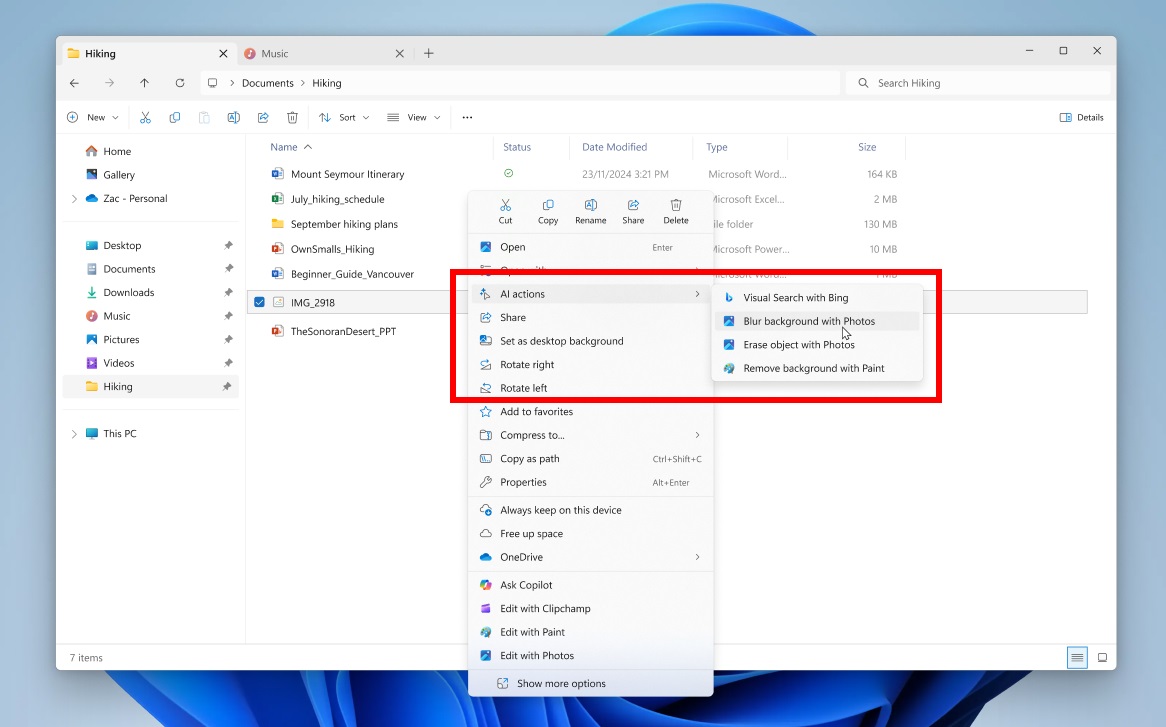
Many called out Microsoft for being too lazy to fix issues with Windows 11, and instead, they are trying to replace it with LLMs.
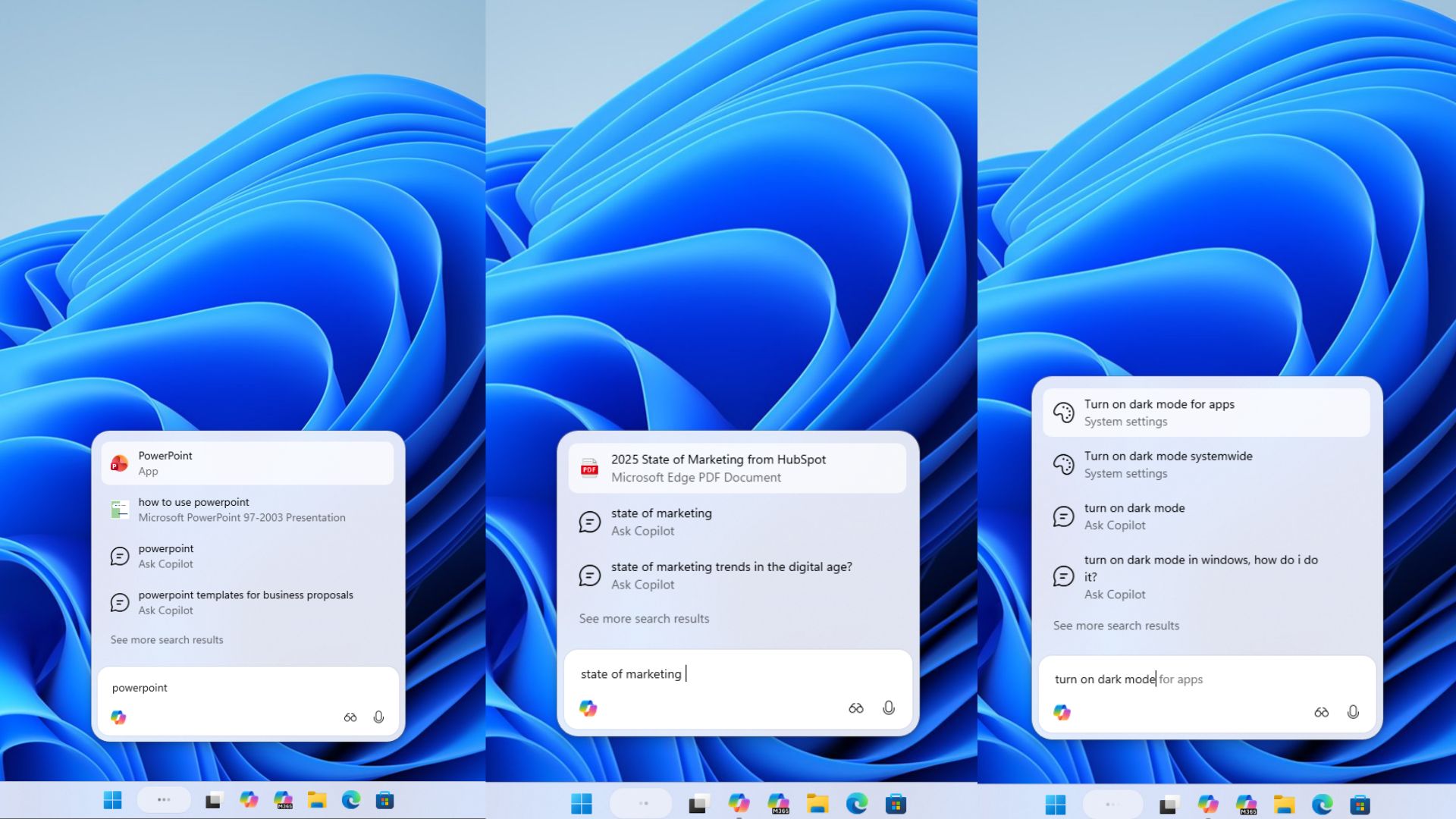
Others were quick to point out that Microsoft is making reasons for power users switching to Linux and regular users going for macOS.
This just goes to show how right retired Microsoft Engineer Dave Plummer was when he said that Microsoft is now disrespecting its loyal power users, and is the reason why they are losing market share.
Dave suggests Microsoft create a separate version of Windows dedicated to power users, devoid of AI and bloatware, which we feel will reduce the negative press surrounding the company.
Why is Microsoft pushing for an agentic Windows?
The short answer is that they think it’s the future and they don’t want to be left out, or maybe they want to be first at it, for the same reason.
Microsoft sees AI as the next platform-level shift. Copilot, Ask Copilot in the taskbar, are all just the beginning. But Microsoft also believes in Platform-level AI features, opening new doors for revenue and user retention. In fact, Windows is turning into a funnel for paid AI services.
Microsoft tried big sweeping changes before and stumbled many times. The Windows 8 redesign, for example, alienated many long-time users and taught Microsoft how costly a radical UX shift can be. We can maybe think of it as ahead of its time.
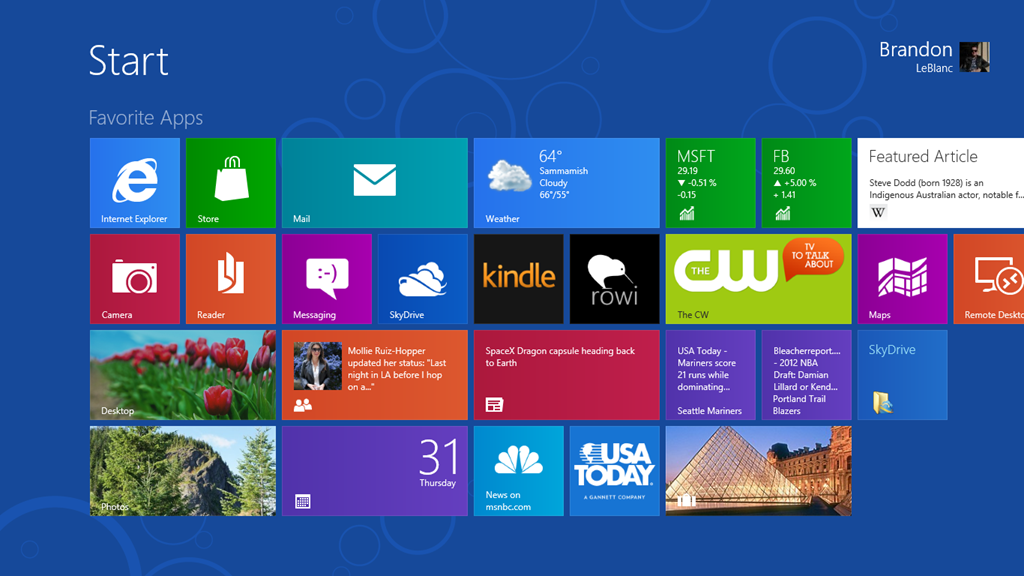
The current AI shift also carries a similar risk, and even though it may be the future, pushing it too early may not be the right path.
Should Microsoft make Windows 11 more like Windows 7?
Microsoft is facing stiff competition front and centre. Apple continues to sell polished, tightly integrated devices and services, and the upcoming budget MacBook might make a dent in the Windows market share, especially since Windows 10 reached end of support, users are looking for something new, and Windows 11 isn’t having a good reputation.
Power users are slowly shifting to Linux-based alternatives. Now that Valve’s new Steam Machine is here, and is a direct competition to Microsoft in the gaming department, which was frankly the only place where Microsoft could hold its ground.
So, should Microsoft go all in on AI, or fix Windows 11 the way users want it (which is to make it like Windows 7)?
Microsoft understands the Windows 7 nostalgia, but for a large enough company like this, they can’t back out on some massive investments that they have made. Microsoft wants Windows to be the place where AI interactions feel natural.
They might be the only company with the engineering scale and the cloud to deliver big, platform-level capabilities.
Reverting Windows to the 2010-era model would mean that the company should walk away from all their cloud services and the investments that they have made for the future.
The middle path is when and if Microsoft finds ways to cater to their power users.
If the future really is people talking to computers, can we blame Microsoft for trying to get there first? I, for one, believe we can, since Microsoft controls a large share of the PC OS market. But what do you think?







